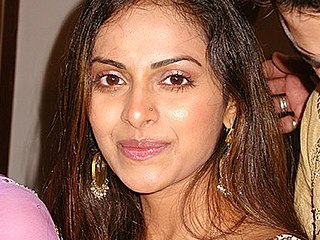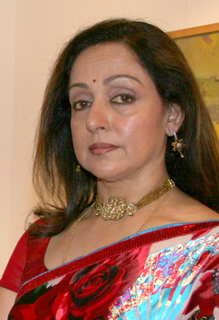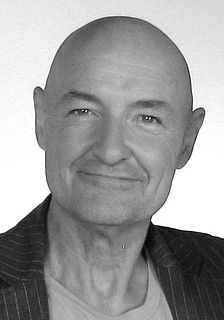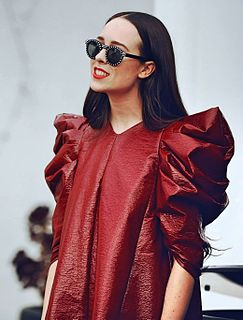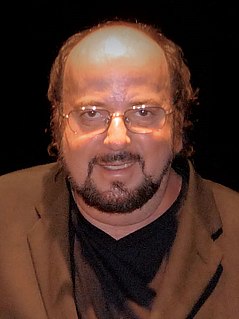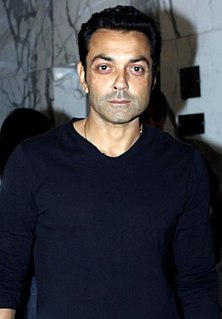A Quote by Richa Pallod
As the days progressed, I felt as if YNK' was my first film. That is because the director was hellbent on perfectionism. He was insistent about getting the best out of me.
Related Quotes
Me and Kirby are very collaborative and it changes from film to film. The first project we worked on together, Derrida, we co-directed. The last film Outrage, I was the producer and he was the director. This film was much more of a collaboration - he is the director and I am the producer - but this is a film by both of us.
I started my career with her. I was supposed to do my first film in Tamil in which she was the other heroine. The film was titled 'Vennira Aadai.' It was a love triangle, with Jayalalithaaji and I playing the hero's two love interests. But the director Sridhar removed me from the film after a few days' shooting.
Before writing a single note of music, and even before the spotting session, I find it best to sit down with the director and just listen to him or her talk about the film - what they're trying to say, what they want the audience to understand or believe, and a thousand other similar questions. The director has most likely been living with the film for years before a composer is attached, and so the director's inclinations, desires, and understanding of the film are paramount.
I've always just felt like an outsider. I've always been made fun of in school ever since kindergarten. For me, when I started singing, that's when I started making "friends,". That's when people started taking an interest in me. That was the thing that made me likable, I guess. Maybe even lovable! I think that's really why I'm so hellbent on doing this as a career is because those are the moments where I felt at my most confident.
I don't usually see what I've done. I don't often watch the film or watch the show. It's really about that experience on-set and within the scene. Because later, when the film comes out or the show comes out it's the editor's realm or the director's realm. But that moment on set, that's that electricity between me and another actor, and that's really what excites me.
I had done it all in my career. I always felt, as a kid, that that's what a director needed to be. Hitchcock could do anything in my mind. He's the director. That person has to be the best actor, the best designer, the best cinematographer. Then I came to realize that isn't the case. You just need to surround yourself with the best.
Film’s thought of as a director’s medium because the director creates the end product that appears on the screen. It’s that stupid auteur theory again, that the director is the author of the film. But what does the director shoot-the telephone book? Writers became much more important when sound came in, but they’ve had to put up a valiant fight to get the credit they deserve.
We made 'Mickey and the Bear' with barely any money with a first-time director, a first-time director of photography, and a crew who had just graduated from NYU film school. We were all very much in this together for the first time. There's no famous actor or big explosions. It's not a Marvel movie. I thought nobody was going to see this film.
It does not feel any different being directed by a first-timer as long as I am convinced that the director is passionate about the film he or she is making. If you get a sense of their vision for the film and their aesthetics of your performance, then it does not matter whether you work with a new or an experienced director.
With a director it's all about the work; I'd work with a great director over - you know, I'm not the kind of actor who that doesn't go, 'I want to play this role.' It's more like, 'I want to work with this director,' regardless of what the role is because if it's a good director, you'll probably find a good role because it's a decent film. But a mediocre director will always make a mediocre movie.
